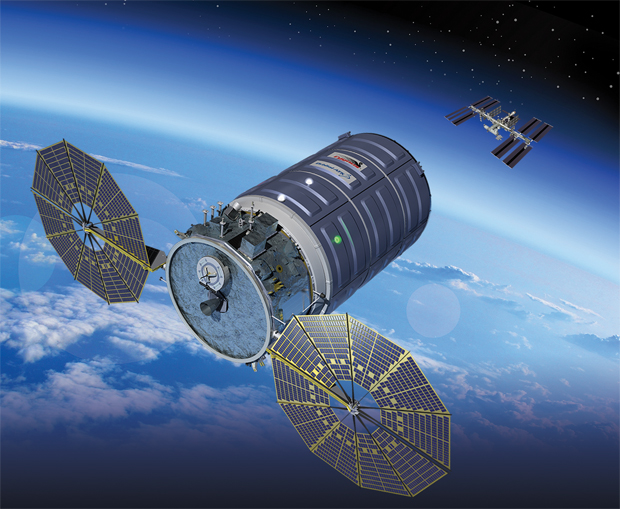-
Tips for becoming a good boxer - November 6, 2020
-
7 expert tips for making your hens night a memorable one - November 6, 2020
-
5 reasons to host your Christmas party on a cruise boat - November 6, 2020
-
What to do when you’re charged with a crime - November 6, 2020
-
Should you get one or multiple dogs? Here’s all you need to know - November 3, 2020
-
A Guide: How to Build Your Very Own Magic Mirror - February 14, 2019
-
Our Top Inspirational Baseball Stars - November 24, 2018
-
Five Tech Tools That Will Help You Turn Your Blog into a Business - November 24, 2018
-
How to Indulge on Vacation without Expanding Your Waist - November 9, 2018
-
5 Strategies for Businesses to Appeal to Today’s Increasingly Mobile-Crazed Customers - November 9, 2018
Bad weather causes ISS cargo rocket launch delay
The United Launch Alliance Atlas V rocket with Orbital ATK’s Cygnus spacecraft onboard seen shortly after arriving at Space Launch Complex 41 on December 2, 2015, at the Cape Canaveral Air Force Station in Florida.
Advertisement
Gusty wind prevented the unmanned rocket from lifting off at dusk with 7,400 pounds of supplies for the International Space Station.
Virginia-based Orbital purchased two United Launch Alliance rockets to fulfill its shipment obligations to NASA. Forecasts show a 60 percent chance of good weather, with a chance of clouds delaying the mission. The craft is carrying experiments and more supplies, like food, for the crew on board, according to NASA. While Orbital has made successful runs to the station before, exploding on the pad even once is no way to keep the customer happy.
Editor’s note: The planned launch was scrubbed at 6:11 PM, due to poor weather. Slayton is carrying over 3 tons of equipment and supplies for the astronauts on ISS. It was Orbital’s third launch under NASA’s $1.9 billion contract to lift off eight resupply missions. It’s the first launch for Orbital since the company’s Antares rocket exploded on the launchpad last October, so the pressure to succeed is particularly high.
The company expects to start using its own Antares rocket again in May 2016. SpaceX also is stuck on Earth, at least until next month.
The first six SpaceX resupply missions went well, but the seventh ended less than three minutes after liftoff when the Falcon 9 broke apart in the Florida skies this past June.
Saturday also is a possibility, but United Launch Alliance still does not have full clearance that the range – the area beneath the rocket’s early path – will be clear and available.
Advertisement
The Atlas V will send Orbital ATK’s Cygnus spacecraft into orbit.




























